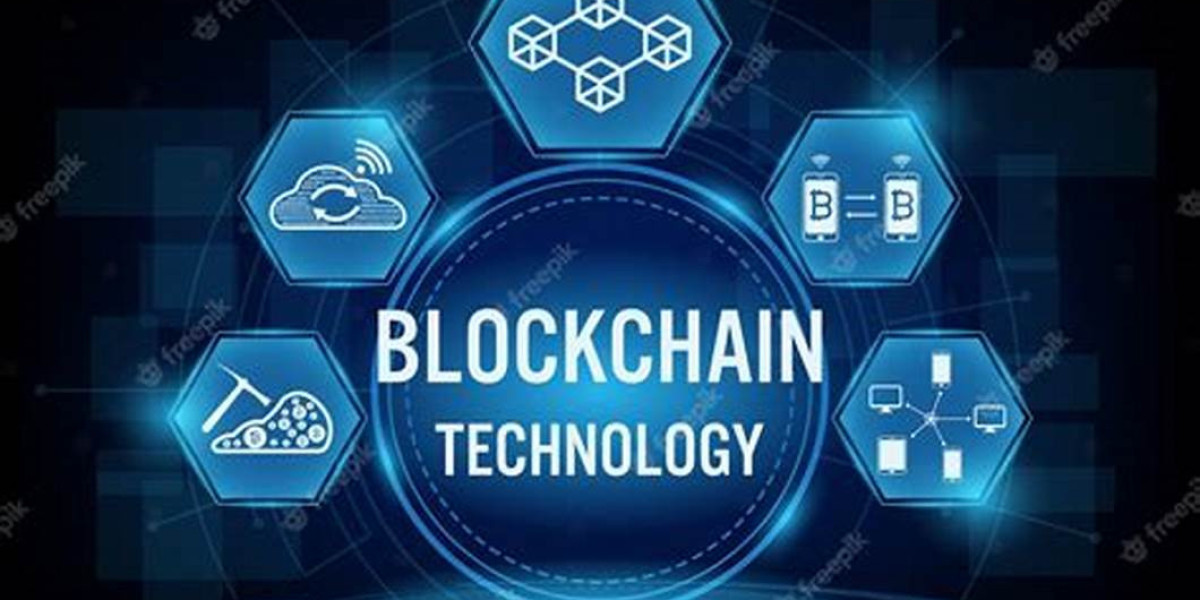Trust is essential for any kind of social and economic interaction. Without trust, we cannot cooperate, exchange, or create value with others. However, trust is often scarce and fragile, especially in contexts where people and communities have different backgrounds, interests, or values. How can we overcome the barriers of mistrust and foster more trust and collaboration among diverse groups of people?
One possible solution is to use blockchain technology. Blockchain is a system of distributed ledgers that records transactions and data in a way that is immutable, verifiable, and transparent. Blockchain can enable people to exchange ideas and business without relying on intermediaries or centralized authorities that may be biased, corrupt, or inefficient. Blockchain can also reduce the costs and risks of transactions, as well as enhance the security and privacy of data.
Blockchain can be applied to various domains and sectors, such as finance, health, education, governance, and social impact. For example, blockchain can facilitate peer-to-peer lending, crowdfunding, remittances, digital identity, voting, supply chain management, and humanitarian aid. Blockchain can also empower communities to create their platforms and networks for sharing information, resources, and value.
One of the most popular and widely used applications of blockchain is Bitcoin, a decentralized digital currency that operates on a global network of computers. Bitcoin allows anyone to send and receive money without intermediaries or censorship. Bitcoin is also easy to use, as anyone can access it with a smartphone or a computer. Bitcoin can be seen as a universal language of value that can connect people across borders and cultures.
Blockchain is not a magic bullet that can solve all the problems of trust and collaboration. Blockchain also has its own challenges and limitations, such as scalability, usability, regulation, and education. Blockchain is not a substitute for human relationships and social norms. Blockchain is a tool that can complement and enhance our existing ways of interacting and creating value with others.
Blockchain is a technology that can foster trust and collaboration among people and communities that may not have a lot of trust in one another. Blockchain can enable us to openly exchange ideas and business in a way that is immutable and verifiable. Blockchain can also make it easier for us to use Bitcoin as the blockchain. Blockchain can help us build together freely.






